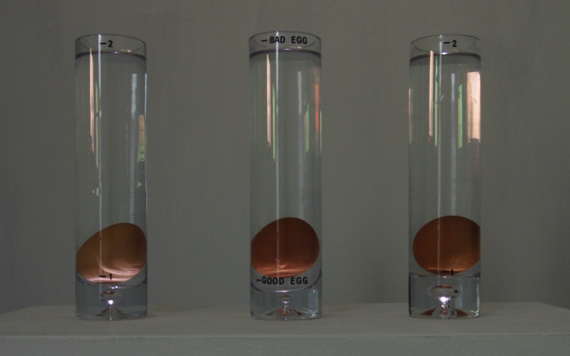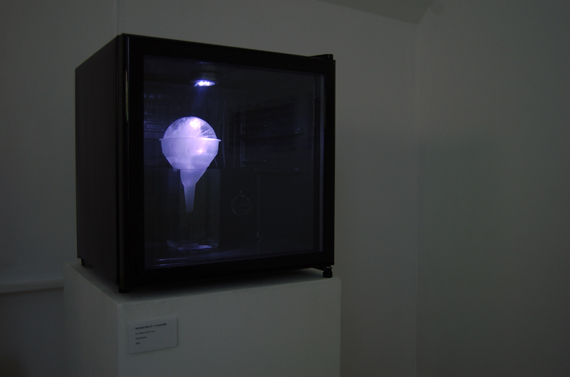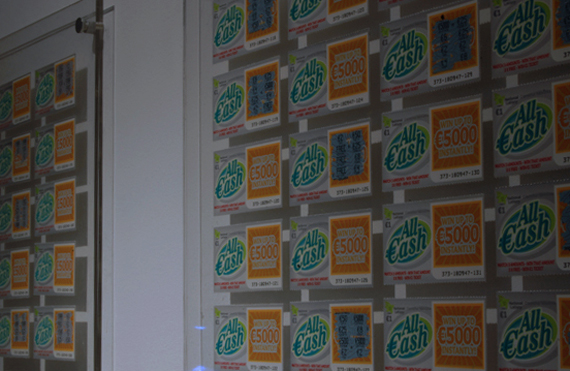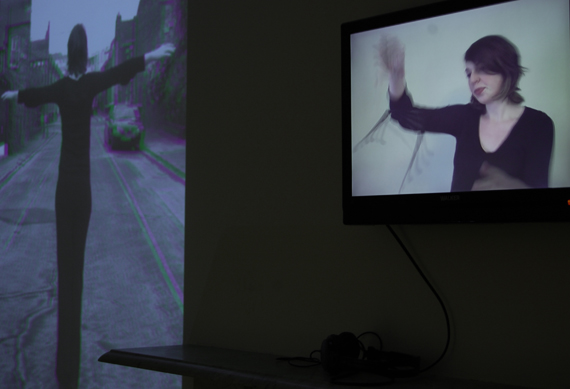This work emerges from ongoing research into the effect of representations and imagination on the experience of one’s immediate environment. The work, which tends to be open-ended and playful rather than dogmatic, is inspired by reflection on the structure, form and manifestations of ideologies and asks, what are the possibilities and conditions of control and agency on the part of the individual subject?
Central to both the form and concept of the work is consideration of the participatory event. Moments of complete engagement and immersion are considered: when one achieves immediate embodied presence. Two factors are central to this idea of the participatory event: the existential experience of time and the conditions of choice and agency of the individual.
While the Greek word kronos refers to chronological or sequential time, the work kairos signifies a momentary break in the determined narrative of chronological time, a fleeting moment of opportunity. Thus kairos represents a significant and decisive moment of empowerment. The efficacy of one’s attempts to control their situation is a question of belief in destiny or free will. Chance and determinism are prerequisite in this discourse of internal and external power. ‘Enstasis’ means standing-within-oneself. It is a condition of control, which entails a heightened awareness of one’s own experience having overcome ones disjuncture from immediate embodied presence. Since our experience of the world is usually focused toward some person, task, or the past, telling someone to ‘remain in the present’ can be self-contradictory.
*(Ranciere, J, ‘Ten Theses on Politics’, Theory & Event, 5:3, 2001)

Duration Piece I: Egg Timers, 2009, Eggs: Water: Glass

Duration Piece II: Crystal Ball, 2009, Ice: Fridge: Funnel: Vase

Kairos Captured I & II, 2009, Perspex: Scratchcards

The Will to Suspend Disbelief, 2009, 3d Glasses: Projected Image: Video Pieces

